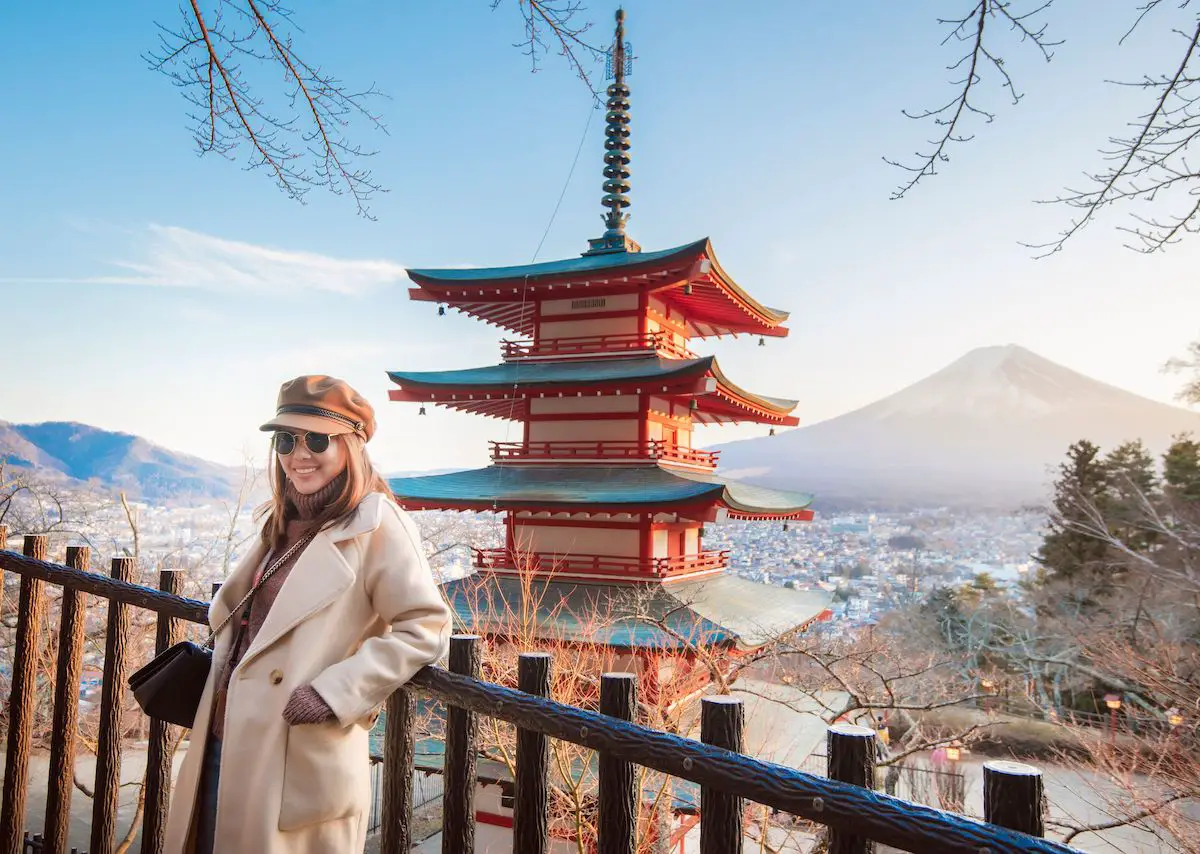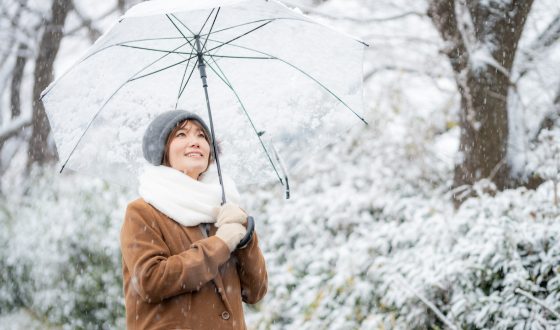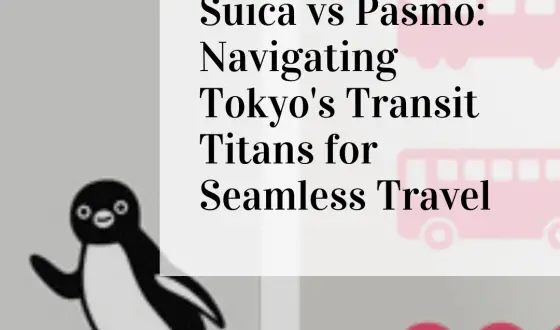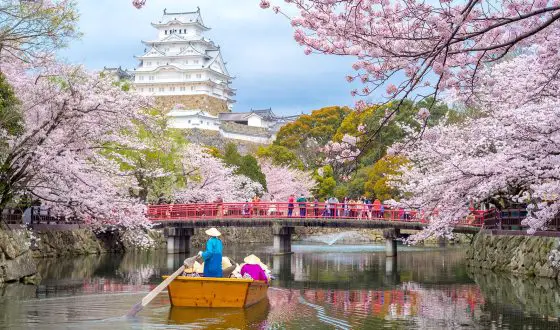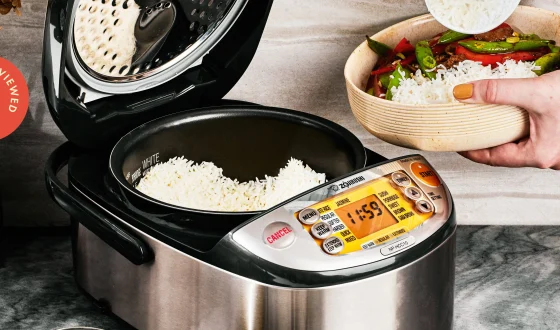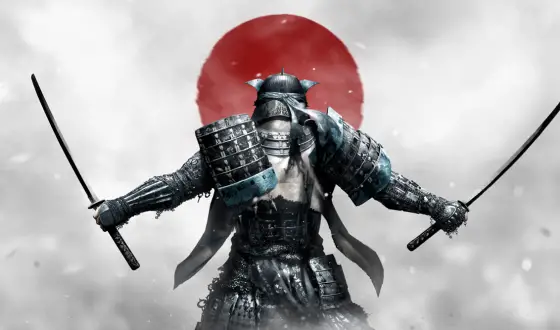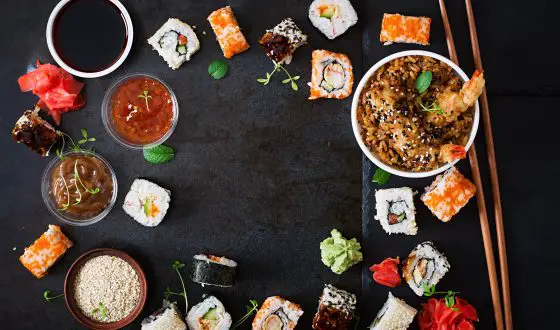How Expensive Is Japan? – A Complete Guide For Travelers
Japan must be on your bucket list of places-to-visit-once-in-a-life-time. But does the question “How expensive is Japan” pop up, disturb your mind, and delay your plan? Well, In this budget travel guide, I break down the average spending of a traveler in Japan as well as answering some of your most common questions related to this burning issue. Without further ado, let’s get started!
Break down the spending of a traveler in Japan
1. Airfares
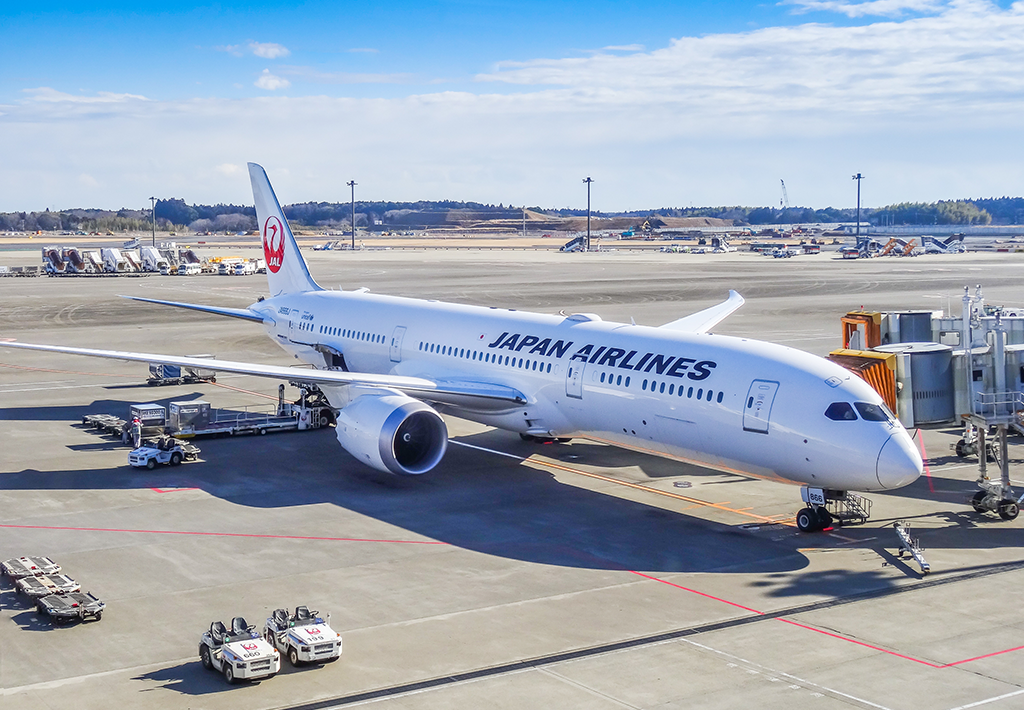
Flights to Japan are an indispensable cost on your trip.
SEE MORE:
As you know, flight cost varies vastly according to the season, the departure location, fuel prices, and even epidemic situation. But on average, you need to pay around $900 and a maximum $1,7000/ a round-trip economy ticket; no matter where you start. When it comes to first-class, the prices fluctuate between $2,977 to $5,325. In the US, you can find much more affordable tickets on the West Coast such as Los Angeles or San Francisco. People in big cities like Chicago, New York, and Washington D.C are sometimes bound to cheap flights as well. However, the place that offers you an unbeatable price is Hawaii where a round-trip ticket is worth a minimum $550!
Cheapest round-trip flights
- from Los Angeles to Tokyo: ~$935
- from San Franc to Tokyo: ~$1,029
- from New York to Tokyo: ~$1,080
- from London to Tokyo: ~$726
- from Paris to Tokyo: ~$7,67
Source: latest 2020 data from Skyscanner
2. Accommodation
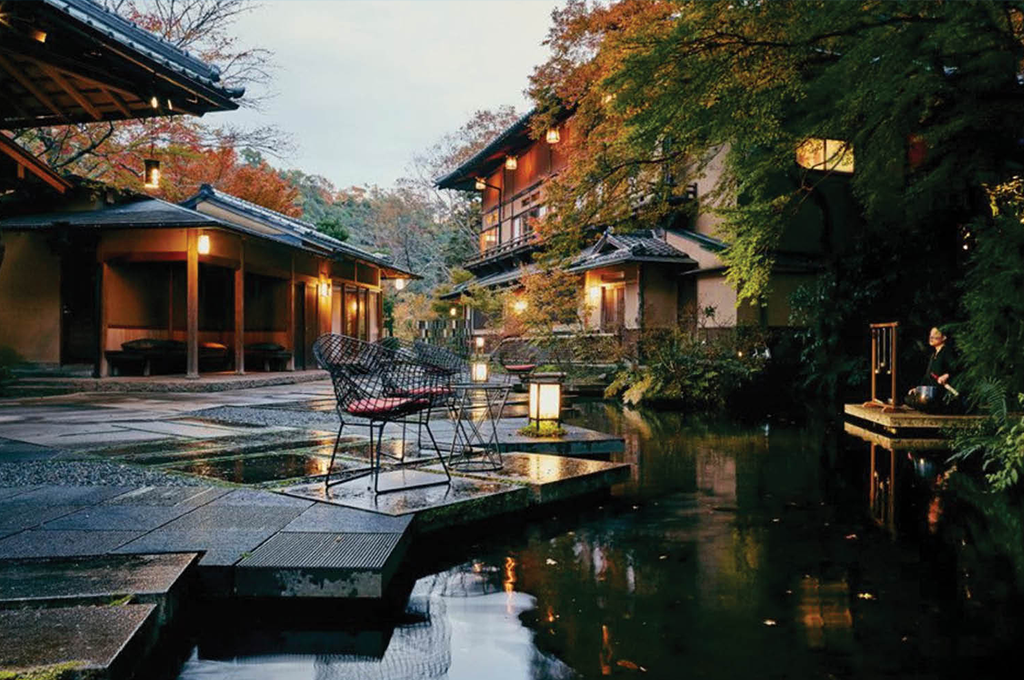
Luxury ryokan in Kyoto’s historical ward can be quite expensive.
In terms of accommodation, there is a wide range of choices for foreign visitors, but the most common destinations are hotels and ryokan (traditional Japanese inn). Like airfares, this cost depends on the time of the year (guess what, spring is the most costly due to the popularity of cherry blossom) and prices during weekends tend to be more expensive than these during weeks. Of course, if you stay at a functional business hotel, for example, you save more money than Luxury ryokan in Kyoto’s historical ward.

3. Transport within Japan
A good thing about Japan is that the transportation systems can be clean, highly developed, and cheap at the same time. This is mostly thanks to the Japan Rail Pass, which allows you to go by train and bus (in the JR corporation) freely with a reasonable fixed price. Remember something not included in the JRP can mean it’s quite expensive like long-distance bus or private bullet trains.

Lastly, don’t think about renting a car. It will cost you a fortune, a little extravagant but expect a minimum of about ¥8,000 ($77) per day. Instead, get a JR pass, you can maintain your daily transport expenses far below this. For more details about the JR pass, check this out!
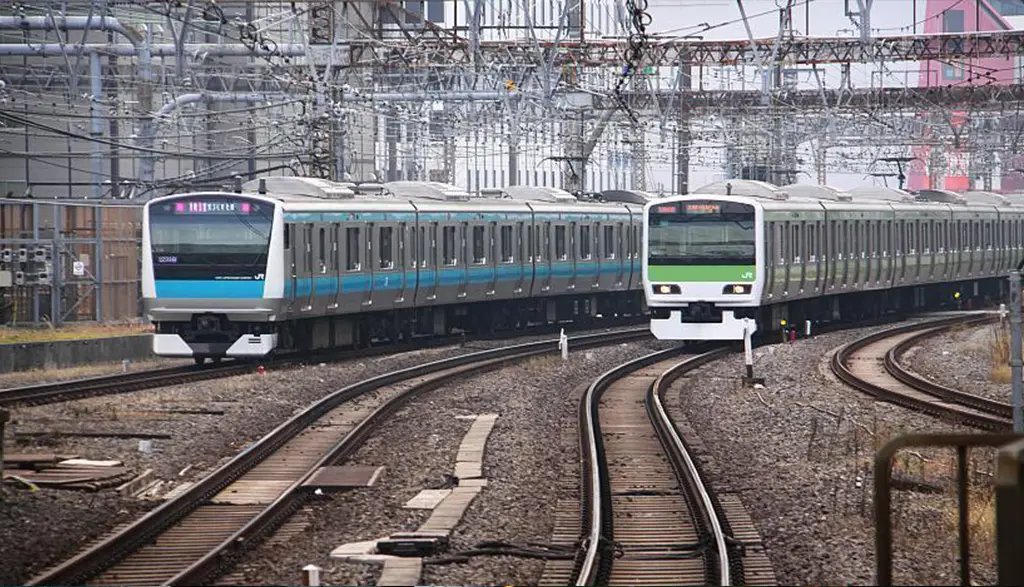
Japanese transportation systems can be clean, highly developed, and cheap at the same time.
4. Food
Set aside the price, food in Japan is loved by many foreigners for a reason, high quality. But is it expensive? Fair enough, if you are the type of traveler obsessed with Michelin stars then there are plenty of fancy restaurants for your choices (especially in Tokyo). Otherwise, just keep everything on budget and you can be fine. No matter what you want to fill your belly with, from donburi to ramen, you can find a place offering less than ¥1,000. So
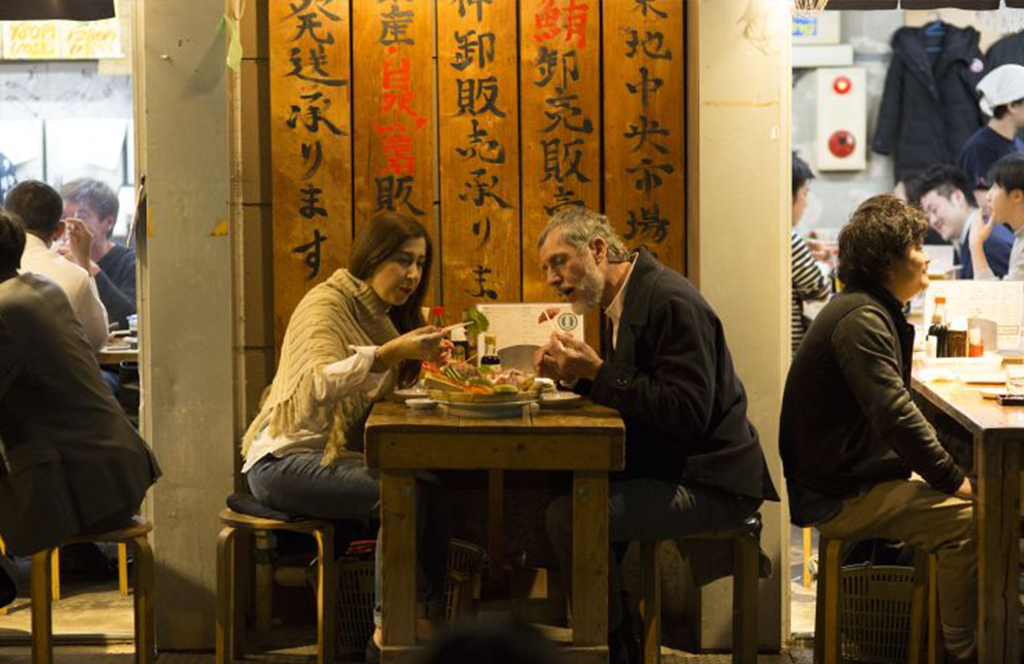
Japan is the paradise of delicious and affordable food.
Here are some sample food prices to give you a sense of the cost of food in Japan:

Luckily, there is no tipping in Japan, as people consider it as rude, so that will save you some bucks.
5. Beverage
Tea is usually fee when in companion with a meal. Some charged drink includes:

6. Attraction tickets
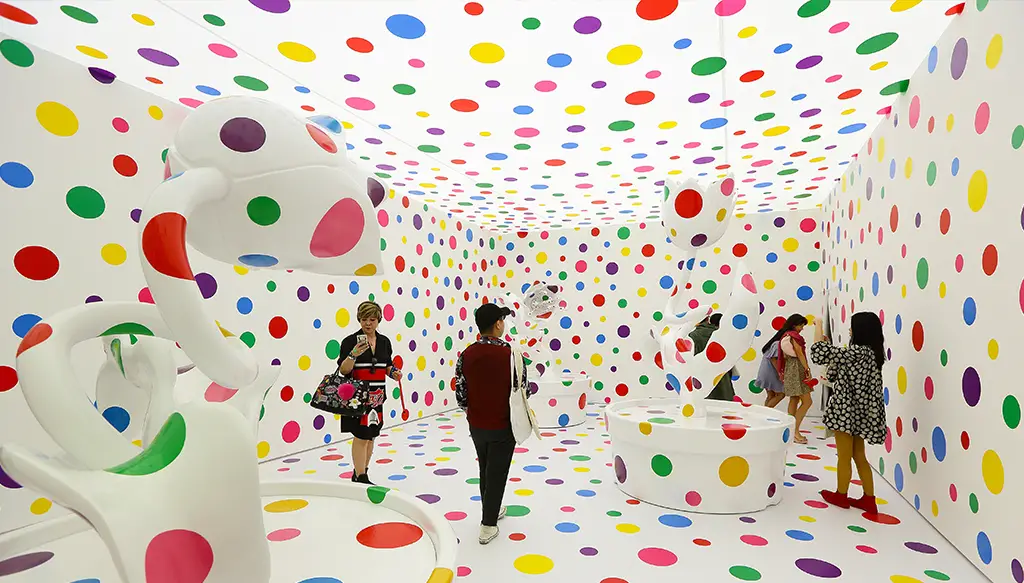
Visiting museums is usually not free of charge.
In fact, you can join a lot of activities in Japan at no charge at all, ranging from visiting temples and shrines to taking part in Japanese matsuri (festivals). You bet, there are some exceptions, for instance, some temples or shrines can ask for a fee of no more than ¥1,000 (~$10).
Consider the following entrance fee:

Besides, you should expect to travel far from the city center to explore the best natural and cultural tourist attractions. This adds up transportation fees.
7. Others
We both understand that traveling involves a number of costs apart from the basic ones mentioned above. For instance, it’s likely that getting cash from ATM will charge you a considerable fee or when you exchange currency since Japan is a cash-based country with low credit card acceptance). Additionally, buying authentic merchandisé or handicrafts as presents or souvenirs will cost you a lot more than mass products.
Total cost
So, really, how expensive is Japan in general? On average, tourists in Japan will generally spend an average of 12,000 (~$110) to 15,000 yen (~$140) per day. But bear in mind that these minimum expenditures can only be possible if you stay on a tight budget all the time. I mean, for example, purchasing JR pass, choosing basic hotels and meals. As far as I know, this seems perfectly fine for backpackers or young people. Otherwise, for a higher budget of around 200-400, the elderly can have an enjoyable and quite chic experience.
So if you travel for 14 days, your total cost may turn out to be as following:

The impact of coronavirus pandemic on prices in Japan
Well, obviously, we all know Tokyo Olympic is delayed to 2021. But what about the prices? How does it respond to the covid 19? There are 2 different trends. According to voxeu.org, Supermarket prices and sales have both already increased, especially food and beverage. However, the decreased demand for face-to-face services has helped these expenses decline and are predicted to continue this trend for a while. So, from a tourist perspective, this is actually not bad.
The most expensive and cheapest place in Japan
“How expensive is Japan” is kind of not precise enough question since the price also depends on the city or the region.
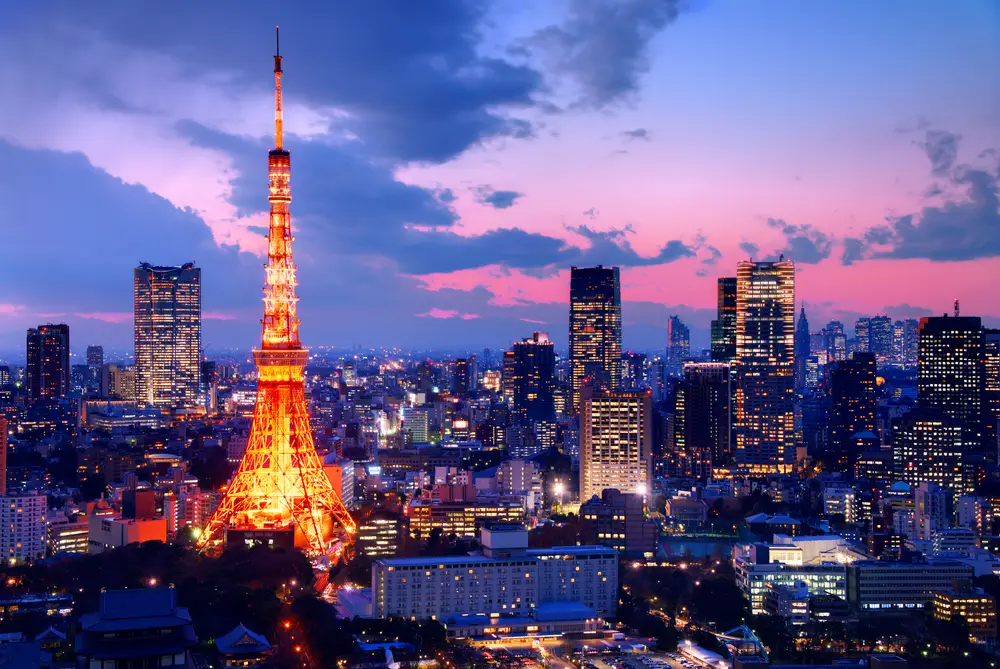
Tokyo is the most costly city in Japan.
The top expensive places to visit in Japan can’t include some familiar names such as Tokyo, Osaka or Hokkaido. These are all big metropolis with developed tourism, where you should have no trouble finding luxury hotels or Michelin-starred restaurants.
On the other hand, you can find out the cheapest cities in Japan through this article.
Even more complete travel guide?
Then, you may want to read our guide about planning a trip to Japan here.
FAQs:
How much does it cost to go to Japan for a week?
For a solo tourist, a 7-day vacation to Japan is estimated more or less ¥135,443 ($1,300). So a trip for a couple will cost around ¥239,631 ($2,300) while for a family of 3 or 4, the cost will be usually even more economical since the kid’s tickets are low-priced and you possibly share hotel rooms. The specific number is around ¥208,375 ($2,000).
Please note that the longer and slower your trip is, the more likely it is that you pay more per person per day.
How much money do you need per day in Japan?
As I mentioned above, the range can be wide. The average spending is around ¥13,775 ($130) for a day. This includes about ¥3,088 ($30) for meals and ¥2,114 ($20) for transport. The expense for accommodation normally falls to ¥13,323 ($128).
Is Japan cheaper than USA?
Yes. If you visit Japan for a week, your budget can be around $1300 or even less. But when it comes to the USA, a week should cost you at least $1,500. The longer you stay, the more the gap will even be. This is because not only short-term accommodation along with food in Japan are cheaper but transportation also contributes. Japan’s rail and bullet train system are extremely available all around the country and they charge visitors reasonably.
Why is Japan so expensive?
Japan is quite costly, compared to most other Asian nations because of the following possible reasons:
- First of all, Japan is, unfortunately, an isolated island with few natural energy resources. This means billions of dollars for oil importation. Therefore, gas and many other utilities in Japan are high.
- Most people nowadays live in the city, making Tokyo, Osaka, and other metropolises densely populated just like New York or Boston. While the demand is so huge there, the supply is scarce. As a result, the price going high is unavoidable.
- High-quality products and services. Talking about Japanese goods, it is not a rumor that they are reliable. It is the truth and Japanese take pride in that. High-end restaurants only use fresh ingredients and offer the best dishes. Hotels strive for customer satisfaction by caring from the tiniest preference. Besides, we definitely emphasize services and good customer experience. If you buy something, you can ask for free gift wrapping (very beautiful indeed). All of these allow the Japanese to set high prices.

